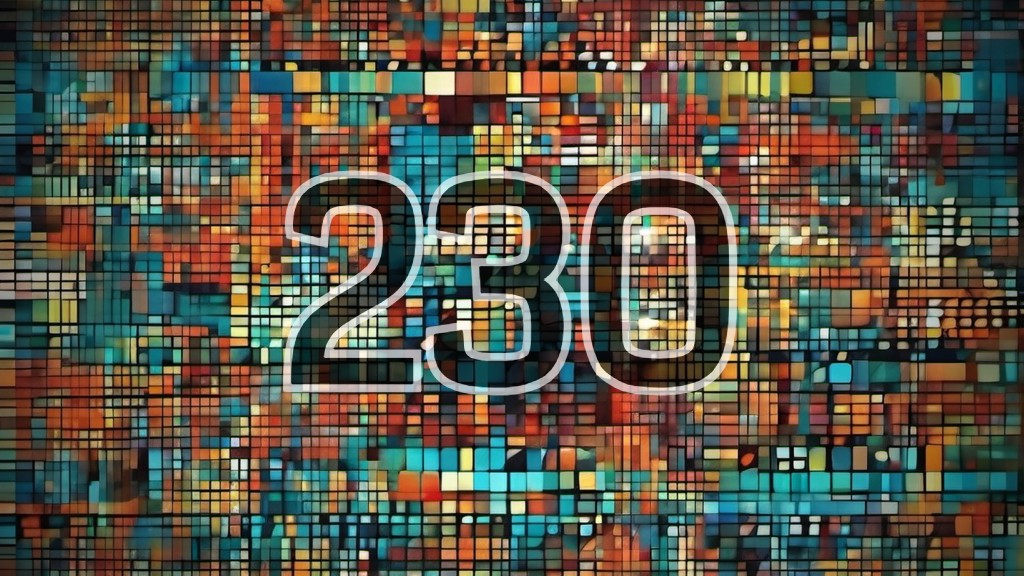
Mike Huckabee, the former governor of Arkansas, sued Meta Platforms, Inc., the parent company of Facebook, for using his name and likeness without his permission in advertisements for CBD products. Huckabee argued that these ads falsely claimed he endorsed the products and made misleading statements about his personal health. He asked the court to hold Meta accountable under various legal theories, including violation of his publicity rights and privacy.
Plaintiff alleged that defendant approved and maintained advertisements that misappropriated plaintiff’s name, image, and likeness. Plaintiff further claimed that the ads placed plaintiff in a false light by attributing statements and endorsements to him that he never made. Additionally, plaintiff argued that defendant had been unjustly enriched by profiting from these misleading ads. Defendant, however, sought to dismiss the claims, relying on the Communications Decency Act at 47 U.S.C. 230, which grants immunity to platforms for third-party content.
The court granted Meta’s motion to dismiss. It determined that Section 230 shielded defendant from liability for the third-party content at issue. The court also noted that plaintiff’s allegations lacked the specificity needed to overcome the protections provided by Section 230. Furthermore, the court emphasized that federal law, such as Section 230, preempts conflicting state laws, such as Arkansas’s Frank Broyles Publicity Protection Act.
Three reasons why this case matters:
- Defines Section 230 Protections: It reaffirms the broad immunity tech companies enjoy under Section 230, even in cases involving misuse of publicity rights.
- Digital Rights and Privacy: The case highlights the tension between protecting individual rights and maintaining the free flow of online content.
- Challenges for State Laws: It shows how federal law can preempt state-specific protections, leaving individuals with limited recourse.
Mike Huckabee v. Meta Platforms, Inc., 2024 WL 4817657 (D. Del. Nov. 18, 2024)
